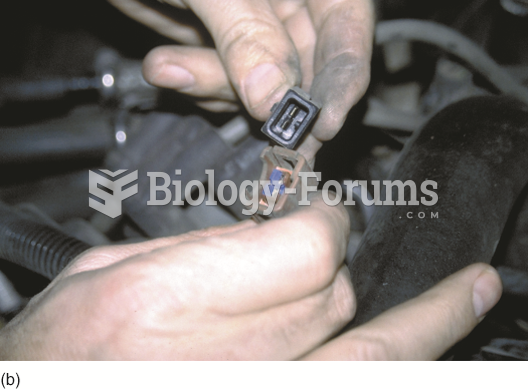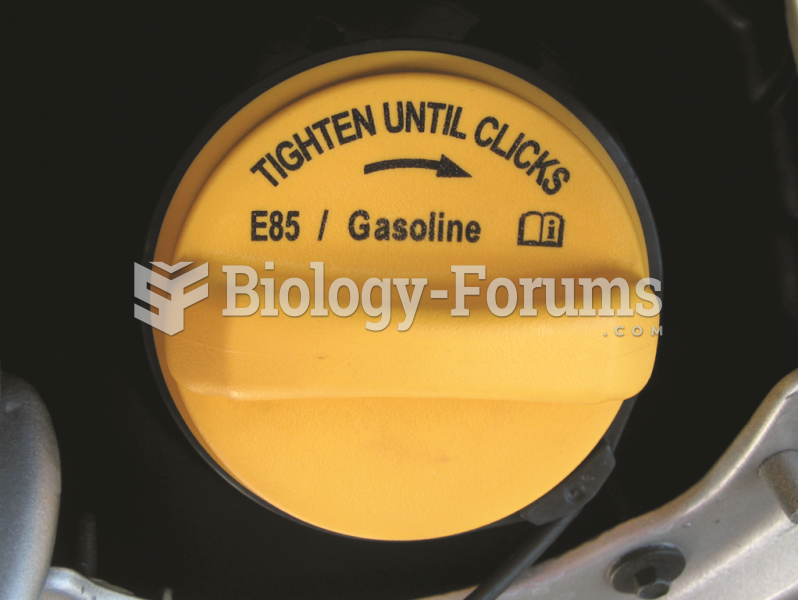|
|
|
The U.S. Preventive Services Task Force recommends that all women age 65 years of age or older should be screened with bone densitometry.
The heart is located in the center of the chest, with part of it tipped slightly so that it taps against the left side of the chest.
Human stomach acid is strong enough to dissolve small pieces of metal such as razor blades or staples.
The first war in which wide-scale use of anesthetics occurred was the Civil War, and 80% of all wounds were in the extremities.
As many as 28% of hospitalized patients requiring mechanical ventilators to help them breathe (for more than 48 hours) will develop ventilator-associated pneumonia. Current therapy involves intravenous antibiotics, but new antibiotics that can be inhaled (and more directly treat the infection) are being developed.
 If raising a vehicle without a frame, place the flat pads under the pinch weld seam to spread the ...
If raising a vehicle without a frame, place the flat pads under the pinch weld seam to spread the ...
 The connector must be opened (disconnected) to check and/or adjust the ignition timing. On DIS/EDIS ...
The connector must be opened (disconnected) to check and/or adjust the ignition timing. On DIS/EDIS ...





